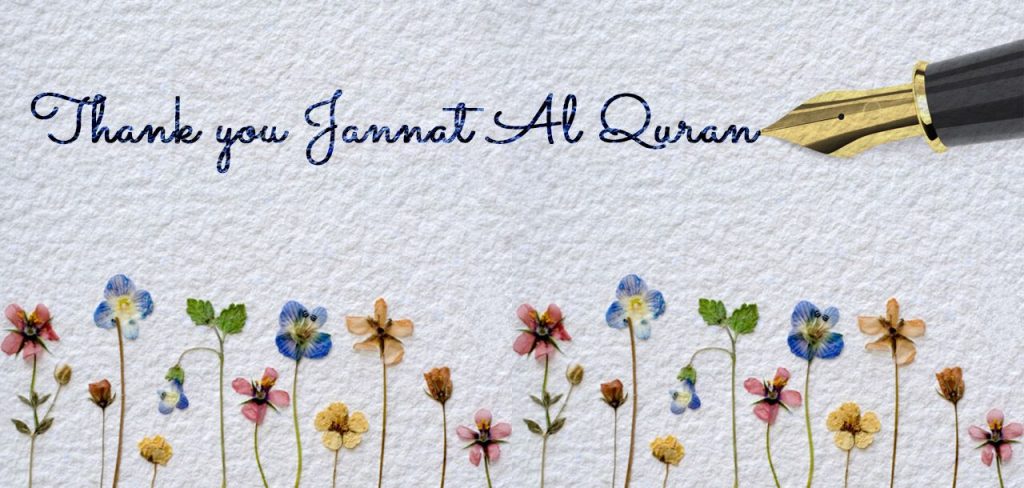Types of Riba (Usury):
First, Riba Al-Fadhl: To take more in exchange of one commodity in the event of barter of two similar commodities.
Second, Riba An-Nasee’ah: To take a larger return of one thing while two identical things are bartered. But in this case the larger return is affected after a fixed period of time.
In Islamic jurisprudence (Fiqh), assets are of two types. One type is of commodities and the other is of the mode of price for exchanging commodities called Thaman (price). Then, every type has a class of varieties. For example, food grains are a type of assets and rice, wheat, etc., are its varieties. Similarly, silver, gold, etc., are varieties of the second type of assets. Coins, currency notes, company shares, etc., can also be considered varieties of this type in contemporary life.
These two types of assets have four varieties:
1. Commodities which are sold by weight.
2. Commodities which are sold by measure.
3. Commodities which can be stored.
4. Commodities which are used as Thaman in sale and purchase.
In all such matters the position of interest-bearing and interest-free things would be as under:
1. When commodities to be exchanged are of the same `type’ and `variety,’ any increase or decrease in them will be unlawful, as will be their sale on credit; for example, exchange of wheat with wheat and rice with rice. It is essential that these things are equal in measure and/or weight, and are in one’s actual possession.
2. If two things to be exchanged are of the same `type’ but of a different `variety,’ any increase or decrease in them is permissible. Their sale on credit is, however, unlawful. For instance, the exchange of one kilogram of silver with two grams of gold, or the barter of one kilo of barley with half a kilo of wheat, or the exchange of one Dinar with four Riyals. If such a bargain is on a cash basis it will be fair, but any credit in this case is not correct.
3. When the two things to be exchanged are not of the same `type’ and are also different in `variety,’ then any increase or decrease in them is permissible and their sale on credit is also allowed. For example, exchange of one kilogram of wheat with a gram of gold, bargain of one kilogram of dates with ten Tola (about 116 grams) of silver. Any increase or decrease in them is permissible, as is their sale on credit.


